In this lesson plan, you will find EVERYTHING you need to work the animal and plant cells with your students.
It is designed for 6 to 7 hours of class (1 hour = 45 min).
Activities:
- Introduction: using an adaptation of the visible thinking routine "I used to think... Now I think..." students will complete an interactive notebook. 1 hour.
- Exploration of the topic: research and construction of a model of animal and plant cells through project-based learning. 3 hours.
- Practice of acquired concepts: practice of acquired concepts through game-based learning. 1 to 2 hours.
- Assessment: assessment of concepts, evaluating both memorization and understanding and application of them.
- Extra or in-depth activity
For each activity, you will find:
- Time
- Methodology used
- Objectives
- Competences
- Materials
- Description of the activity with corresponding time
- Activation of prior knowledge
- Considerations for evaluation
- Modifications for students with educational needs and for high-achieving students
***You can modify, copy, and paste the entire description of the didactic sequence to adapt it and use it in the format required by your educational institution.***
Considerations:
This lesson is designed for students to take notes in an interactive notebook that they paste into their notebooks. However, in the materials, you will find a digital study guide in case you prefer your students to work this way.
All the materials you need are included in this lesson. If you use three slides from the teacher's presentation in the introduction, you will find them in the lesson plan. However, each of these materials is also attached as a file in case you find it more convenient to use them with your students.
Materials:
- Teacher's presentation
- Interactive notebook with instructions and answer guide
- Digital study guide
- Text "The Cell"
- Text "The Cell" (in-depth)
- YouTube video with a read-aloud of the text "The Cell"
- Quizlet game for activation of prior knowledge
- Steps, evaluation rubric, and checklist for the project
- Letter to parents - materials for the model
- Snowman game for activation of prior knowledge
- Vocabulary cards
- Game instructions. Includes instructions for the Memory and I Have... Who Has games, which are used in this lesson, as well as instructions for other games in case the teacher wants to explore other options.
- Memory game cards
- I Have... Who Has game cards
- Maze
- Crossword puzzle
- Evaluation cards
- Answers to evaluation cards
- Multiple-choice questions in Google Form format
- Extra or in-depth activity for students who finish early
If you are looking for this resource in Spanish, here is the link:
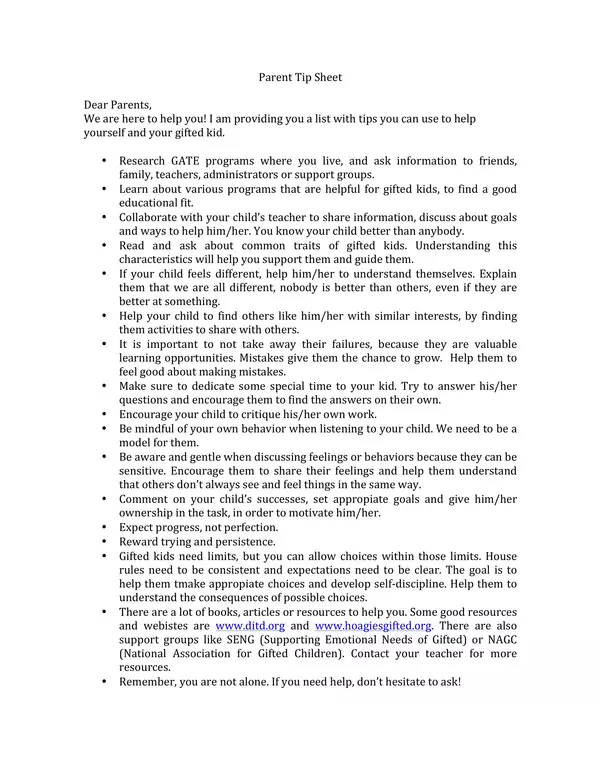

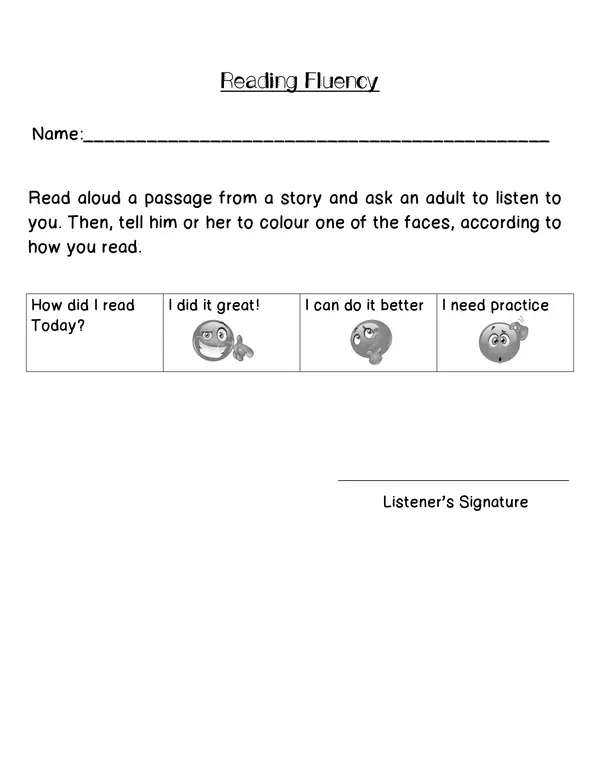
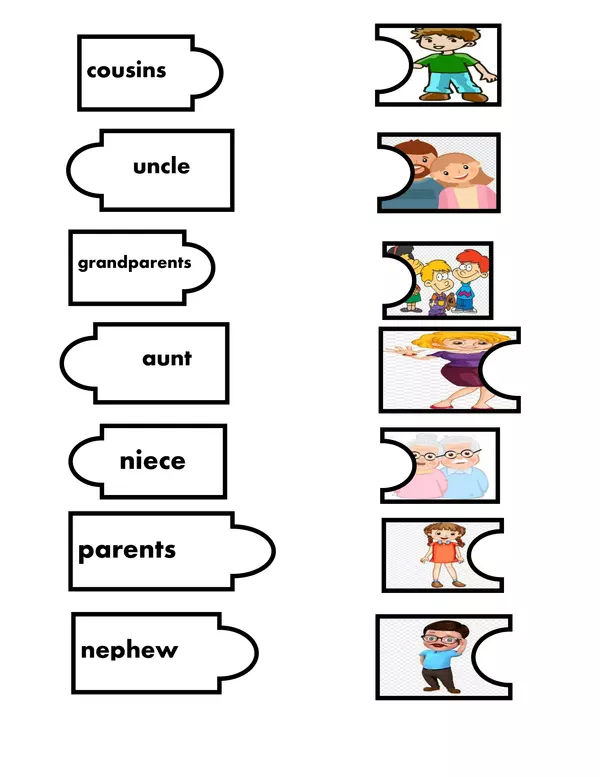
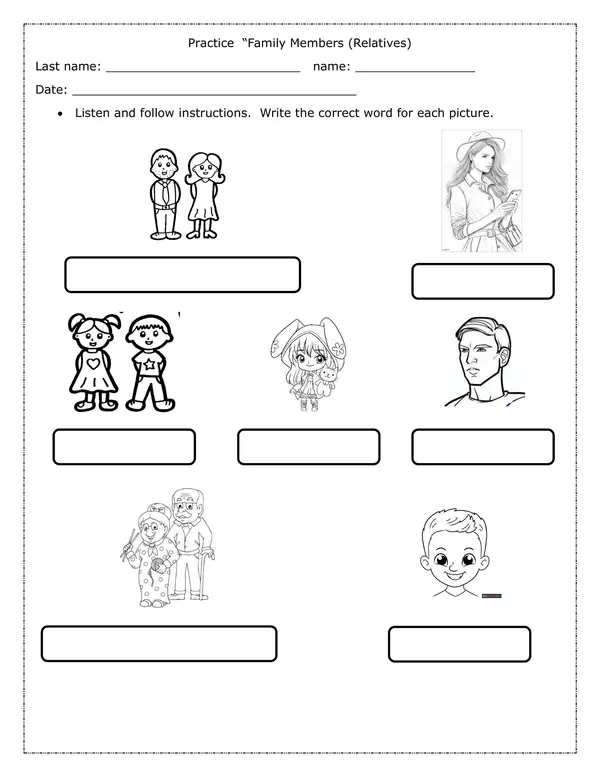
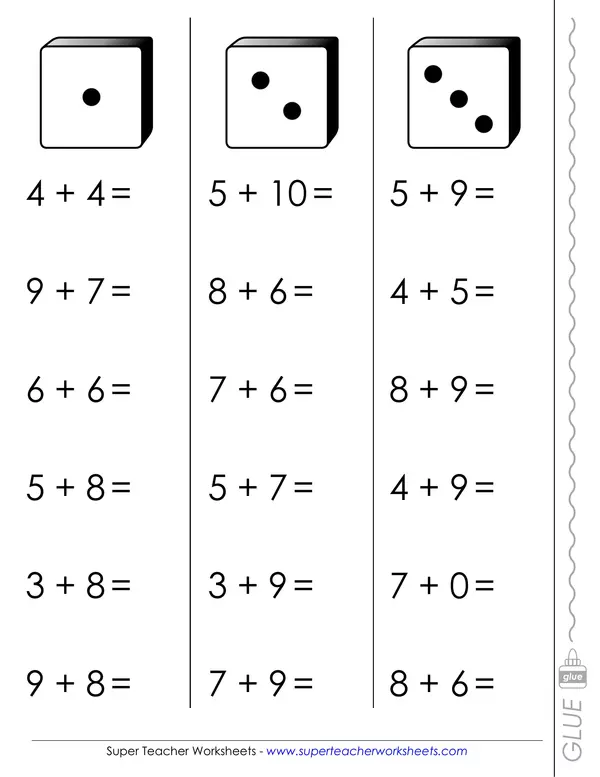
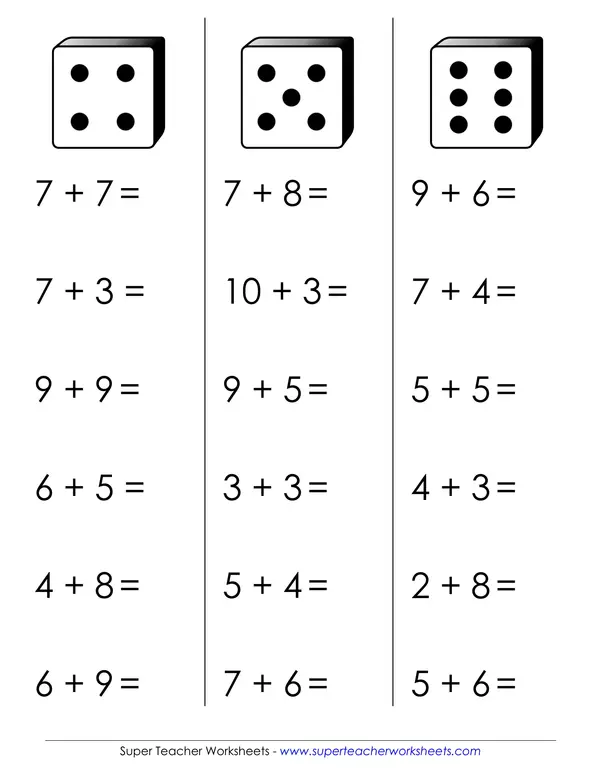
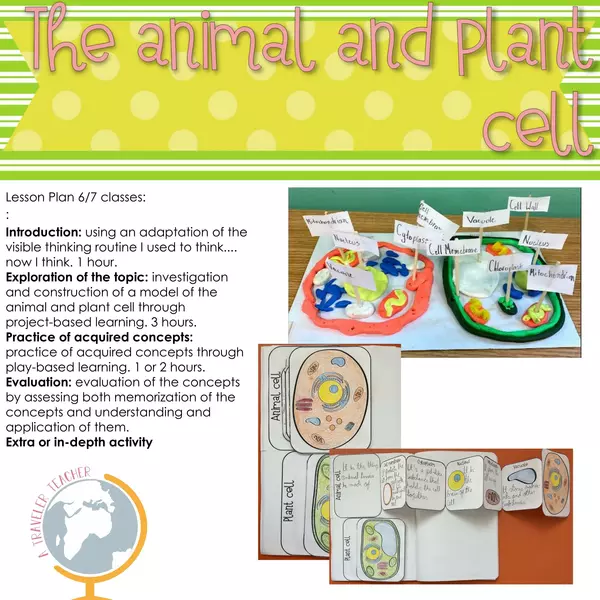

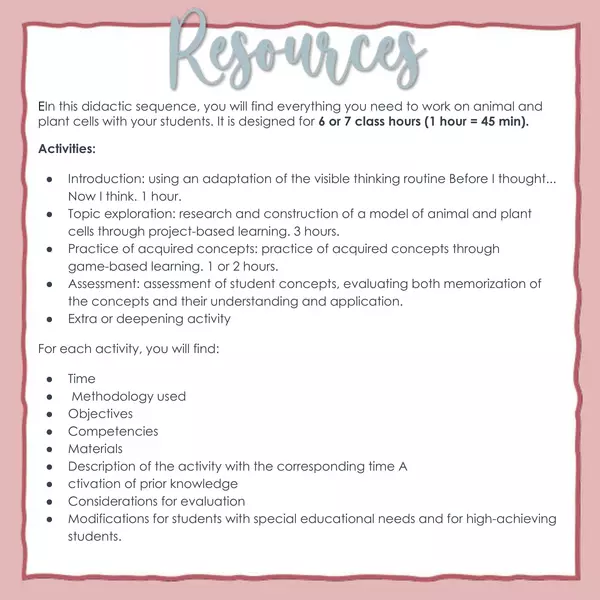
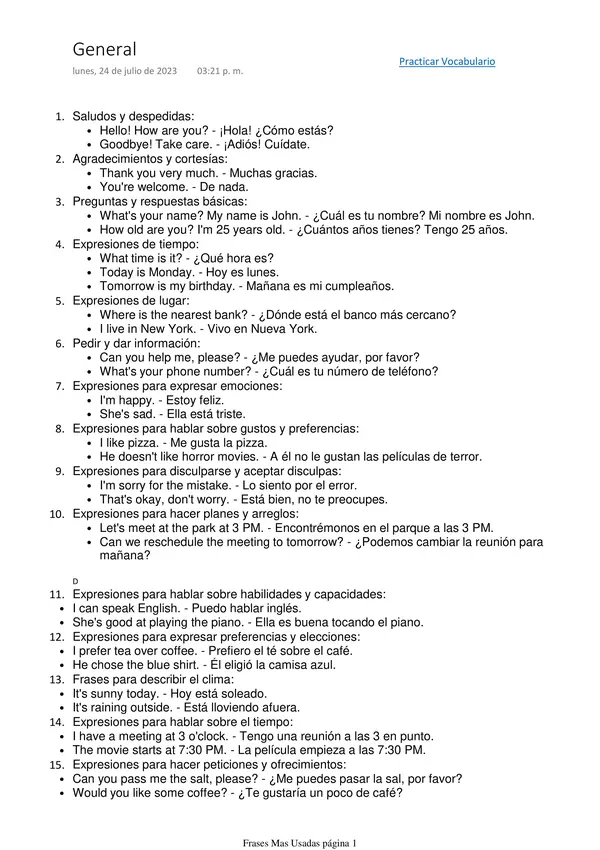
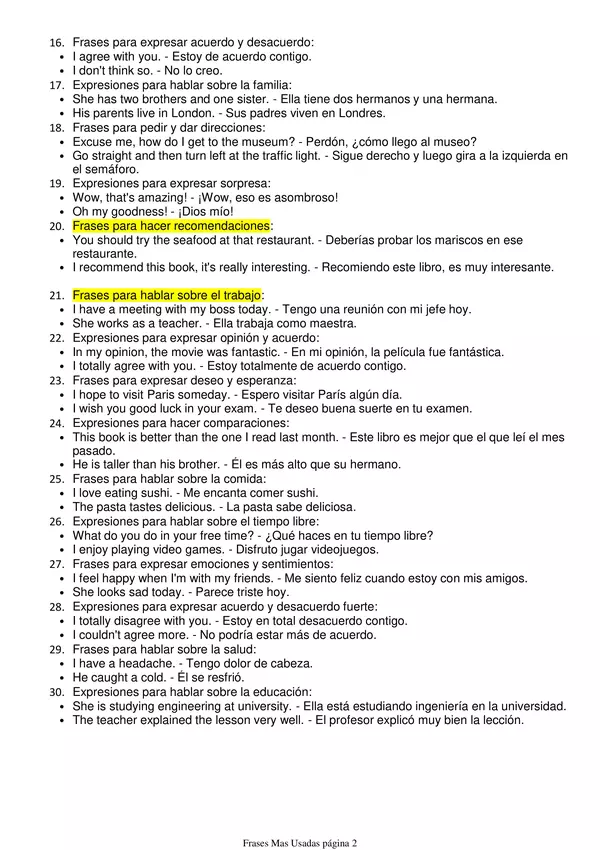
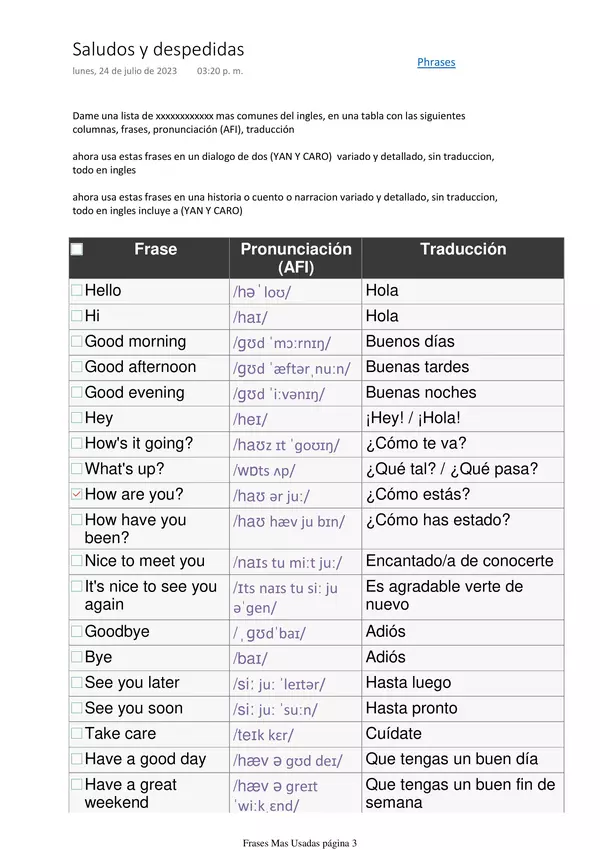

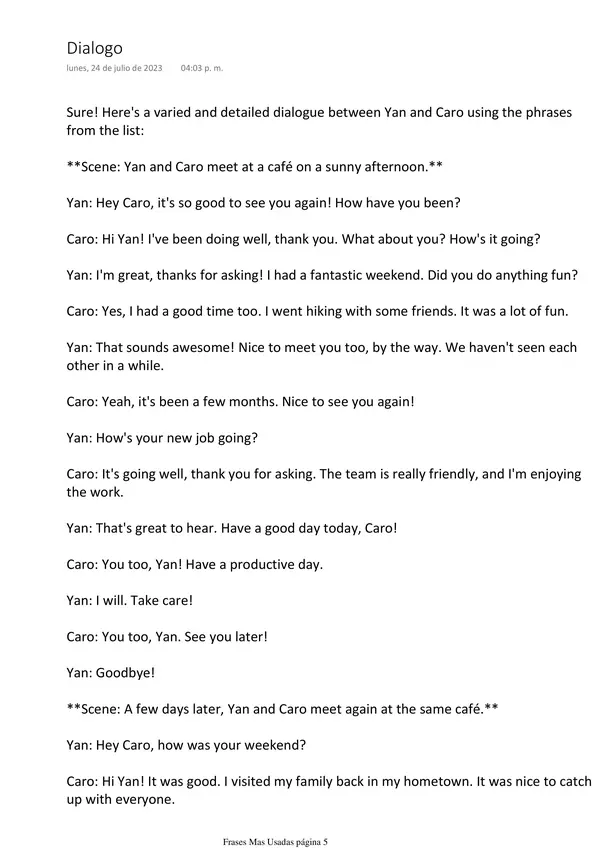
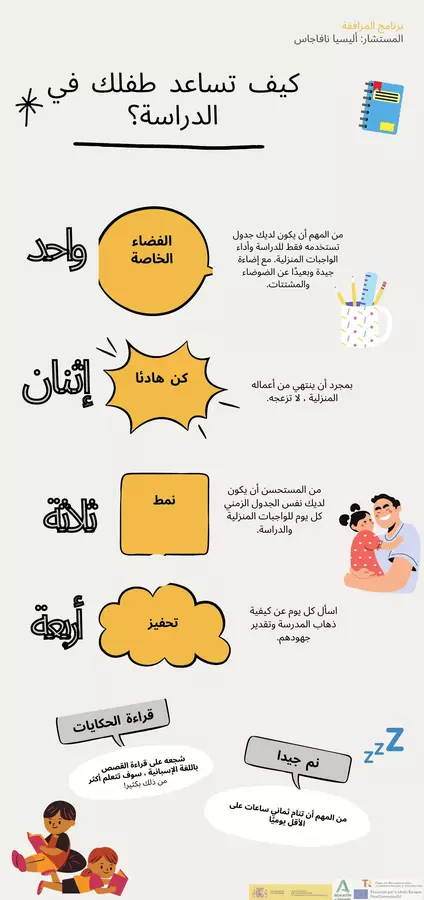
There are no comments yet, write one yourself!